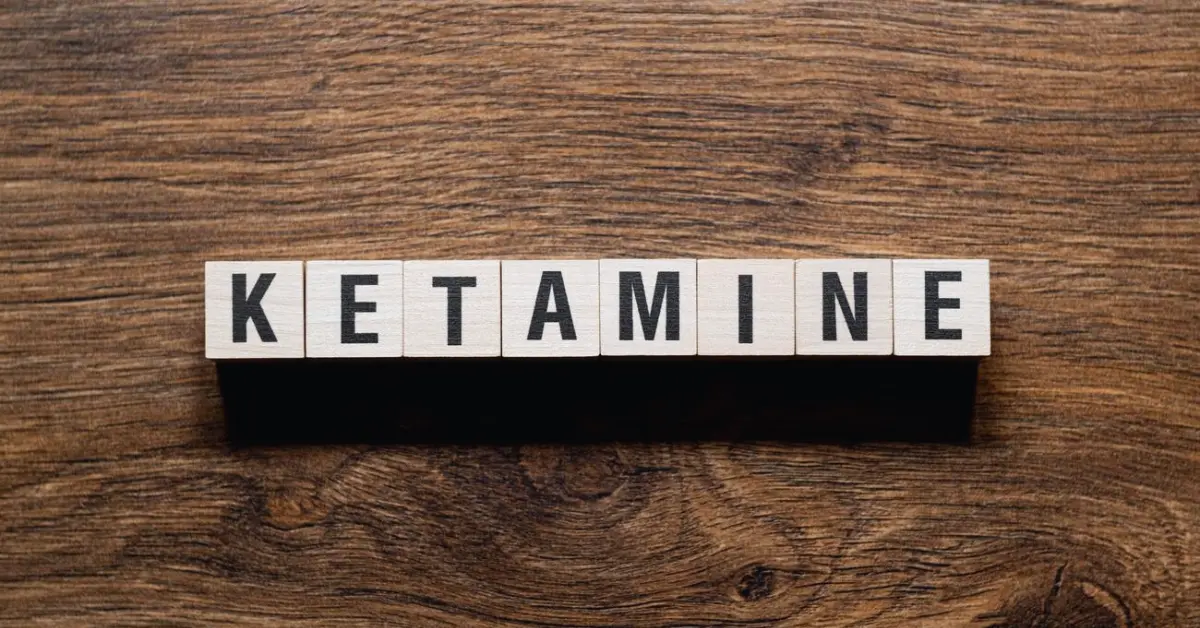In recent years, ketamine therapy has garnered significant attention as a promising treatment option for various mental health conditions. This innovative approach to mental health care has the potential to provide relief for individuals who have not responded well to traditional antidepressants or other conventional treatments.
In this blog post, we’ll dive deep into the world of ketamine therapy, exploring its origins, mechanisms of action, and potential benefits for those struggling with mental health issues.
Key Takeaways
- Ketamine therapy is an emerging treatment option that works differently from traditional antidepressants, offering hope for those with treatment-resistant depression and other mental health conditions.
- Ketamine is believed to promote neuroplasticity and modulate glutamate, a neurotransmitter associated with mood regulation, leading to rapid and sustained improvements in mental health symptoms.
- While ketamine therapy shows promise, it is important to understand the potential side effects and the need for proper medical supervision during treatment.
What is Ketamine Therapy?
Ketamine, a medication primarily used as an anesthetic, has been found to have remarkable effects on mental health. Originally developed in the 1960s, ketamine has been used in medical settings for pain management and sedation. However, in recent years, researchers have discovered its potential in treating mental health conditions, particularly depression.
Unlike traditional antidepressants, which can take weeks or months to show effects, ketamine therapy often provides rapid relief from symptoms. It is administered in various forms, including intravenous infusions, intramuscular injections, or nasal sprays, under the supervision of healthcare professionals.
Also Read: What Vitamin Deficiency Causes You To Feel Cold? Discover The Culprits!
How Does Ketamine Therapy Work?
Ketamine therapy works by targeting the brain’s glutamate system, which plays a crucial role in regulating mood and emotional well-being. Glutamate is a neurotransmitter that is involved in the communication between brain cells. In individuals with depression, the glutamate system may be dysregulated, contributing to the development and maintenance of depressive symptoms.
Ketamine is believed to promote neuroplasticity, the brain’s ability to form new neural connections and adapt to new experiences. By modulating glutamate activity, ketamine may help the brain to “rewire” itself, leading to improvements in mood, thought patterns, and overall mental health.
Is Ketamine Approved for Mental Health Treatment?
In 2019, the U.S. Food and Drug Administration (FDA) approved a nasal spray formulation of esketamine, a variant of ketamine, for the treatment of treatment-resistant depression. This approval marked a significant milestone in the recognition of ketamine as a legitimate treatment option for mental health conditions.
While the FDA approval specifically covers esketamine for treatment-resistant depression, ketamine therapy is also used off-label for other mental health conditions, such as anxiety disorders, post-traumatic stress disorder (PTSD), and obsessive-compulsive disorder (OCD). However, it is important to note that more research is needed to fully understand the efficacy and long-term effects of ketamine therapy for these conditions.
What are the Side Effects of Ketamine Therapy?
As with any medical treatment, ketamine therapy comes with potential side effects and risks. Some common side effects include:
- Dissociation (feeling detached from reality)
- Dizziness or drowsiness
- Nausea or vomiting
- Increased blood pressure and heart rate
- Blurred vision or double vision
More serious side effects, although rare, can include allergic reactions, respiratory depression, or bladder problems with long-term use. It is crucial to undergo the therapy under the close supervision of a qualified healthcare professional who can monitor for any adverse reactions and adjust the treatment plan as needed.
Conclusion
Ketamine therapy represents a promising new frontier in the treatment of mental health conditions, particularly for individuals who have not found relief through traditional approaches. By targeting the glutamate system and promoting neuroplasticity, ketamine may provide rapid and sustained improvements in mood and overall mental well-being.
However, it is important to approach ketamine therapy with caution and under the guidance of a qualified healthcare professional. While the potential benefits are significant, it is crucial to weigh the risks and side effects carefully and to have a thorough discussion with a mental health provider to determine if this therapy is the right choice for your individual needs.
As research continues to expand our understanding of ketamine’s effects on the brain and its potential applications in mental health treatment, it is an exciting time for those seeking new options for managing their mental health.
If you or a loved one are struggling with depression or other mental health concerns, don’t hesitate to reach out to a healthcare professional to explore whether ketamine therapy could be a viable treatment option.
Read More: How To Lower Cortisol Levels Naturally? Say Goodbye To Stress
FAQs
A: A typical ketamine infusion session lasts about 40 minutes to an hour, while the effects may be felt for several hours afterward.
A: The number of sessions required varies from person to person, but most individuals undergo a series of 6-8 treatments over the course of a few weeks.
A: Coverage for ketamine therapy varies depending on the insurance provider and the specific condition being treated. It’s best to check with your insurance company directly to understand your coverage options.
A: Yes, this therapy can be used in conjunction with other treatments, such as psychotherapy or medication management, to provide a comprehensive approach to mental health care.

